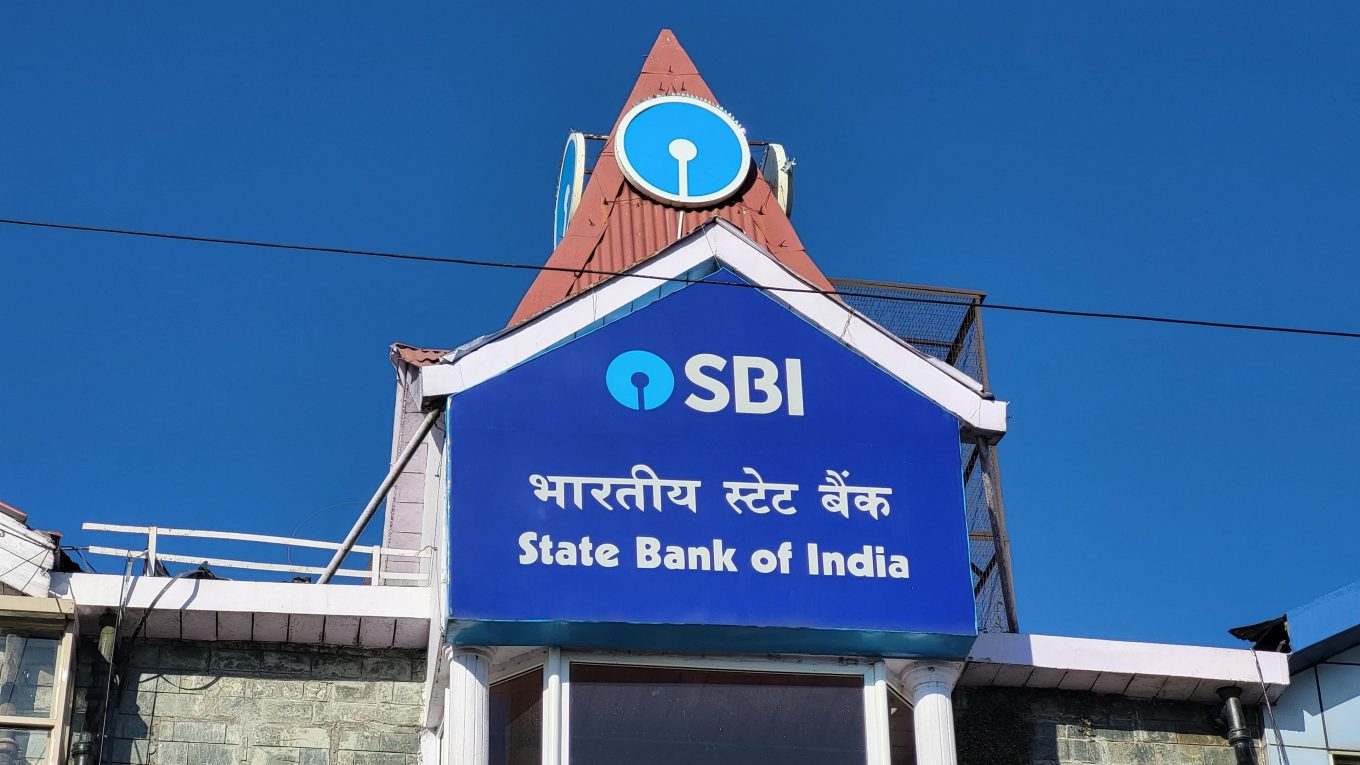SBI slows down unsecured retail loans, to focus on healthy growth
Photo Credit: Ruby Sharma
The State Bank of India, the country’s largest lender, has slowed down unsecured retail loans as the lender will focus on ‘healthy’ growth, even if overall loan growth is expected to stay robust at 15 per cent amid steady demand from corporates, Chairman Dinesh Khara said.
“Unsecured was growing at a very fast pace, 30-33 per cent for the system. We have purposely slowed it down, which has come down to 18 per cent odd,” Khara told Business Standard in an interview.
“We expect that we will grow at that pace. Because we don’t want any unhealthy growth in this particular segment,” he added.
Last month, the Reserve Bank of India increased risk weights on unsecured loans to 125 per cent from 100 per cent earlier. Unsecured loans include personal loans, consumer durable loans, and credit cards.
Khara said the message from the regulator is very clear, which is that banks should ensure growth is healthy.
“Growth is good. But the effort should be for healthy growth. Unhealthy growth can have a negative impact on the economy, which is not intended,” he said.
Due to the increase in risk weights, there would be an impact on banks’ capital. Given that most banks are well capitalised, the impact on capital would not be substantial. Khara said the overall impact on SBI due to the increase in risk weight on both unsecured loans and non-banking financial companies will be 0.70 basis points.
Though SBI is slowing down unsecured loans, the bank is confident that overall loan growth will improve to 14-15 per cent.
“…when I review my daily numbers, I see a traction which is more on those lines which gives me confidence that perhaps we will continue to see growth around those numbers, maybe a little better also,” Khara said when asked if the bank would be able to hold on to the 12 per cent year-on-year growth seen in March.
He added that he expects credit growth for the full year to be around 14-15 per cent.
While retail has been the key driver of overall credit growth in the last few years, corporate loans are also growing at a healthy pace in recent quarters.
Khara says the loan sanction pipeline from the corporate sector is to the tune of Rs 4.7 trillion. This may not entirely reflect in the immediate credit growth as there is a lag between sanction and disbursement. At the same time, he says if one looks at the investment commitment of India Inc, the Rs 4.7 trillion figure augurs well.
“The more important indicator would be if you see the investment commitments that the corporates have made. In the financial year 2022-23, the investment commitment was to the tune of Rs 35 trillion. And the year prior to that, 2021-22, it was to the tune of Rs 22 trillion. And this year, in the first half of the financial year, it is to the tune of Rs 20 trillion. When I look at this data, this augurs very well in terms of the likelihood of investments getting reflected in banks’ loan books. But it gets spread over a period of time,” he added.
First Published: Dec 17 2023 | 7:31 PM IST
